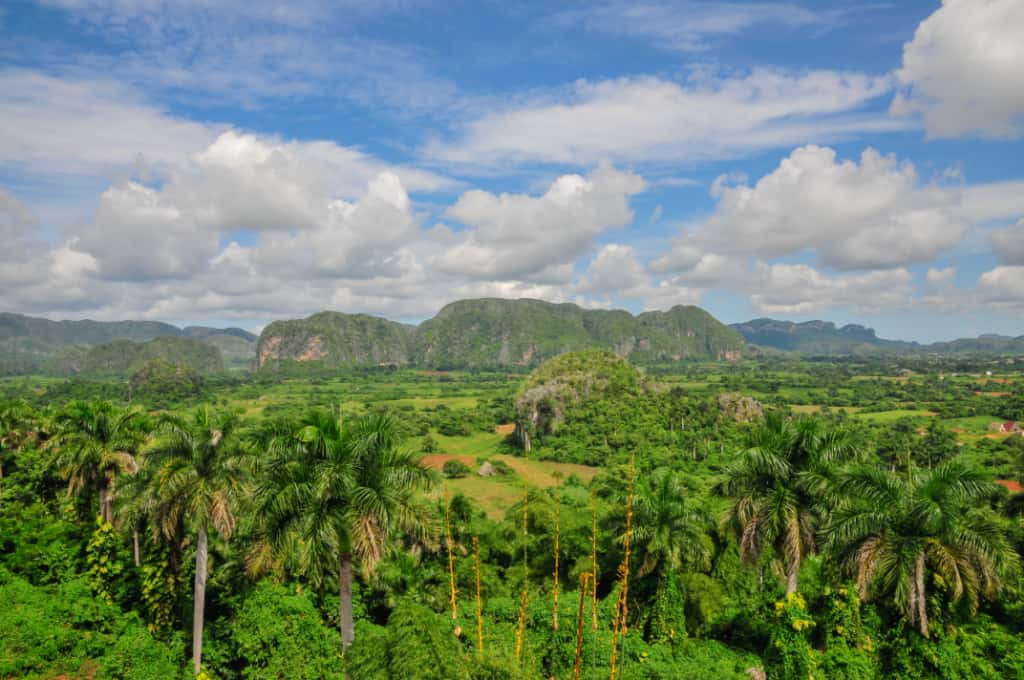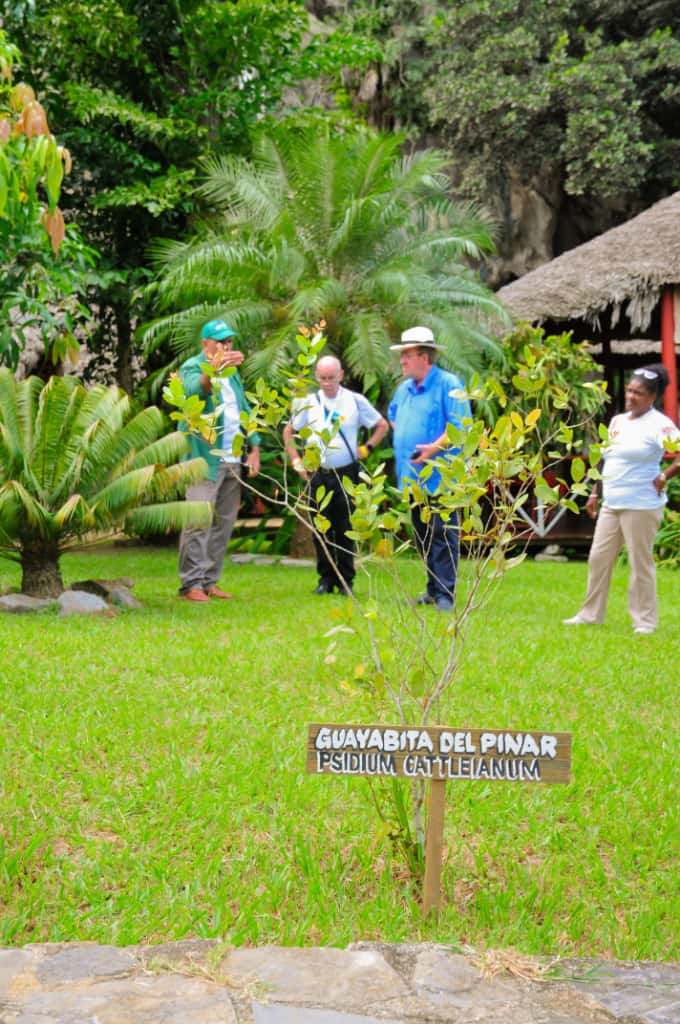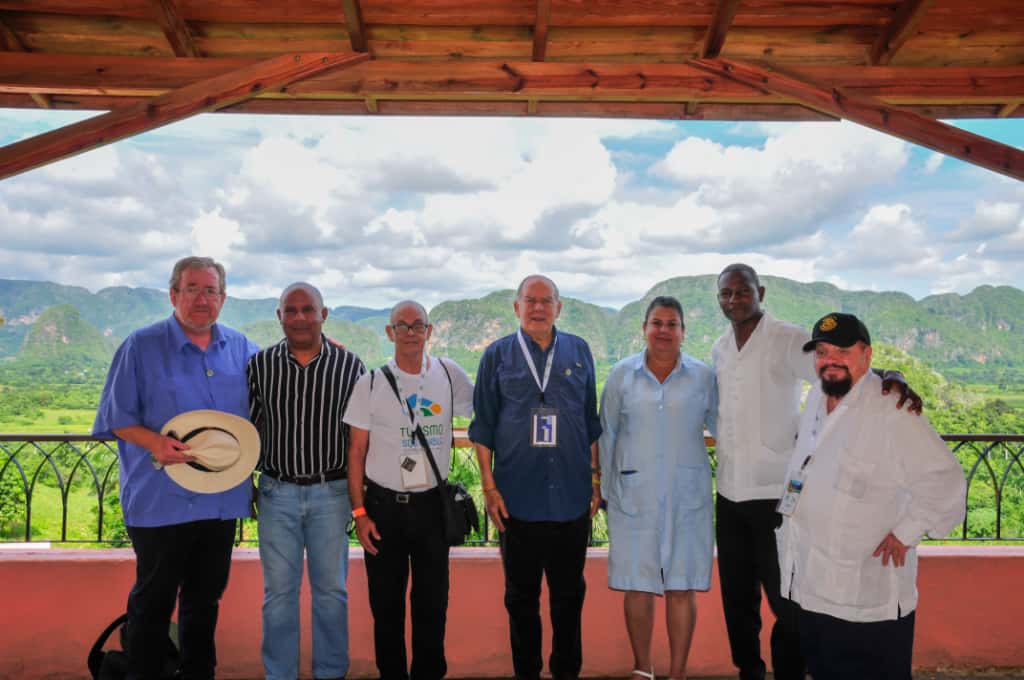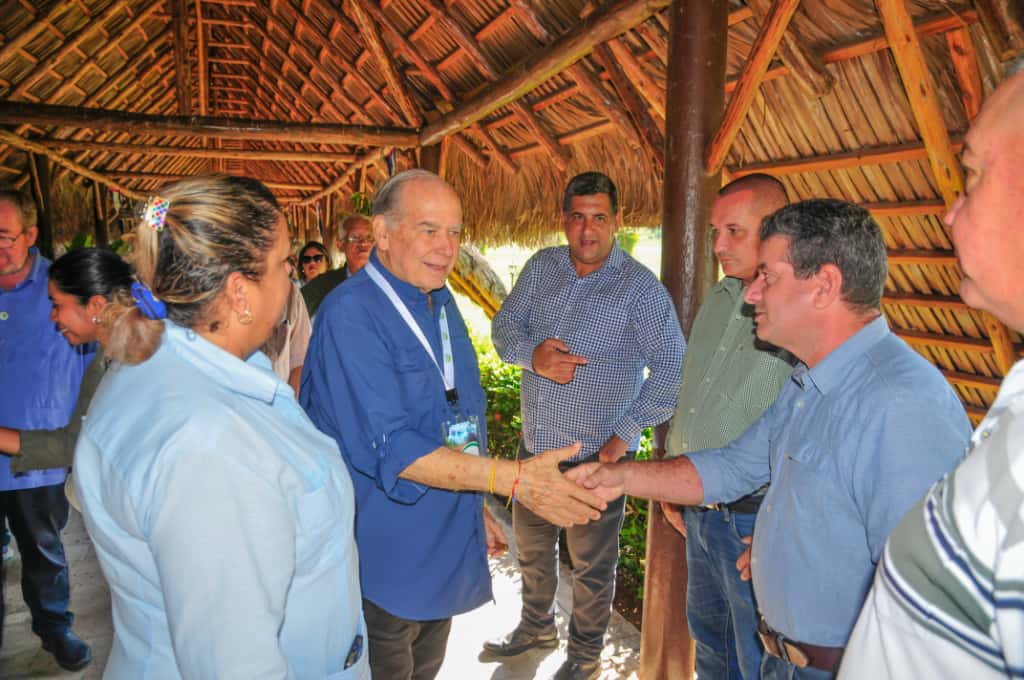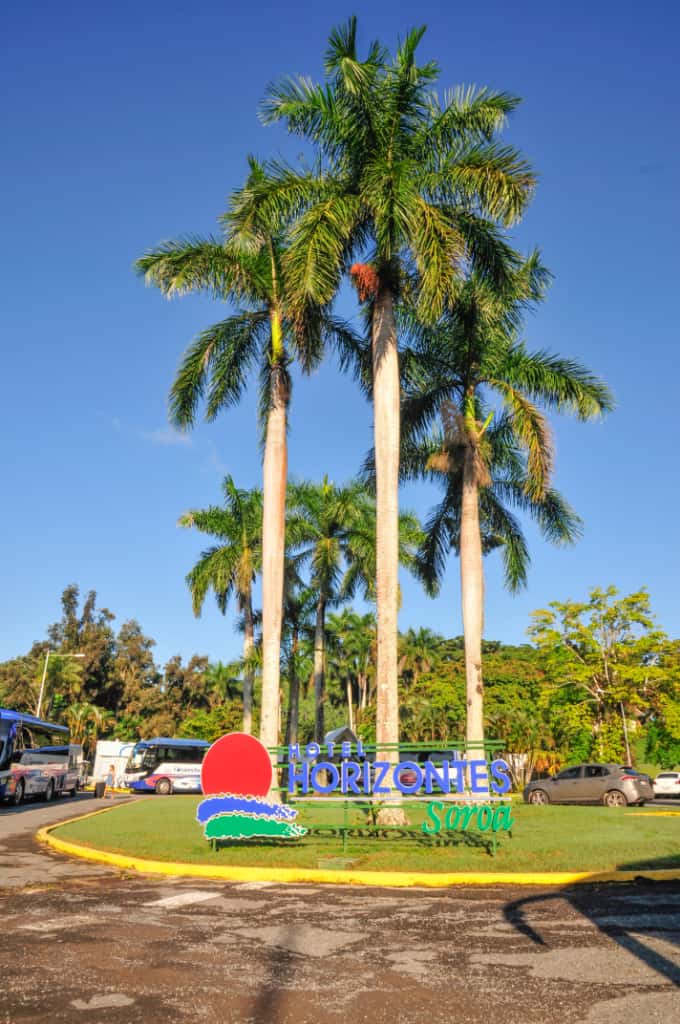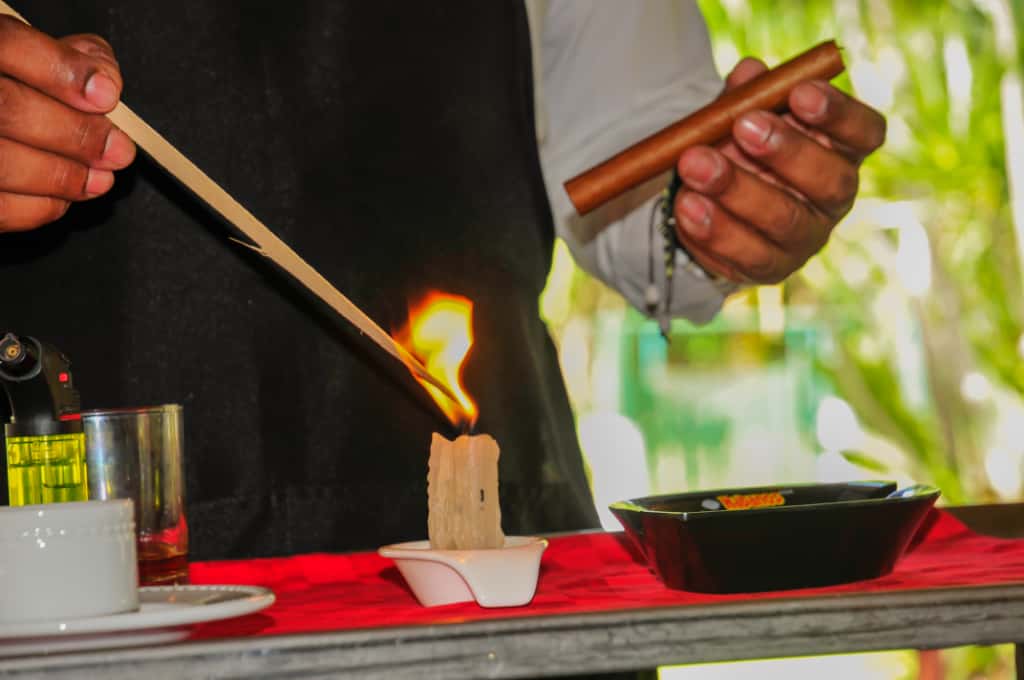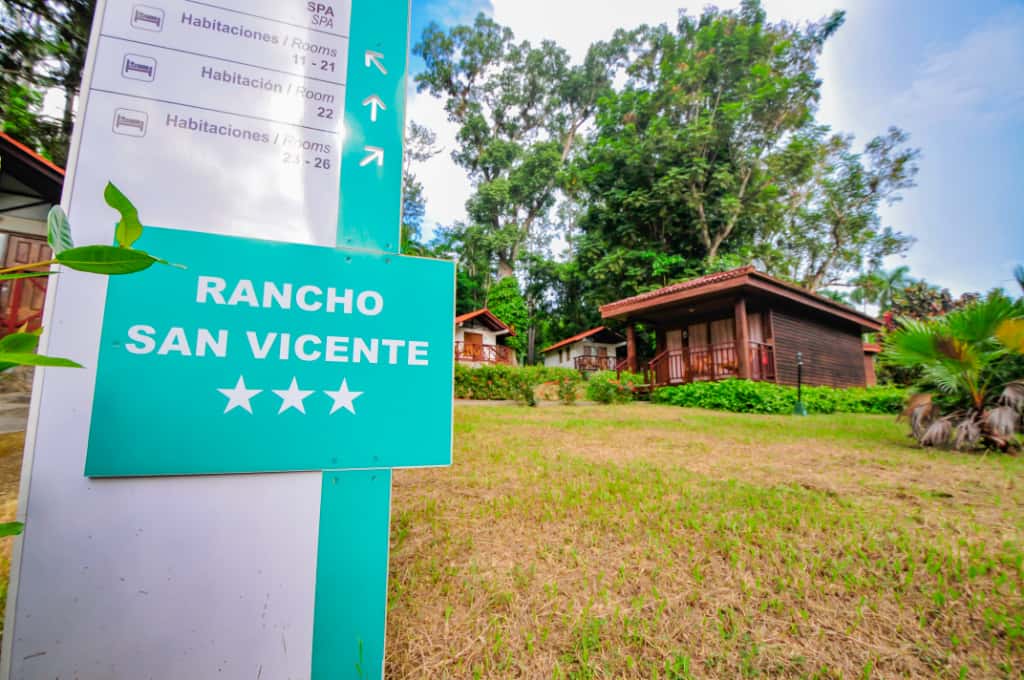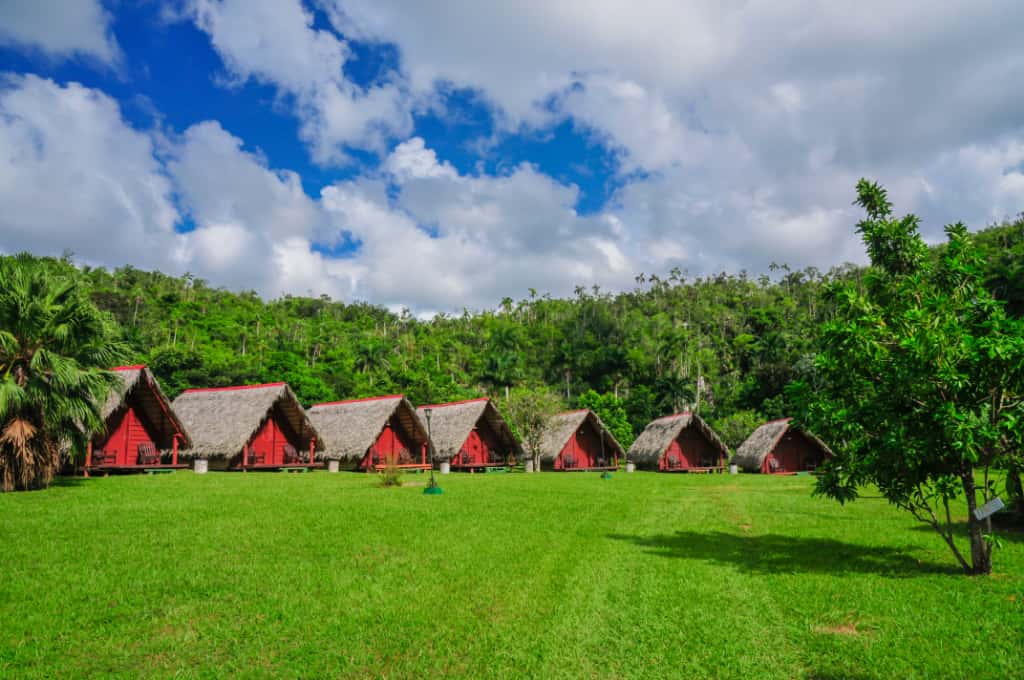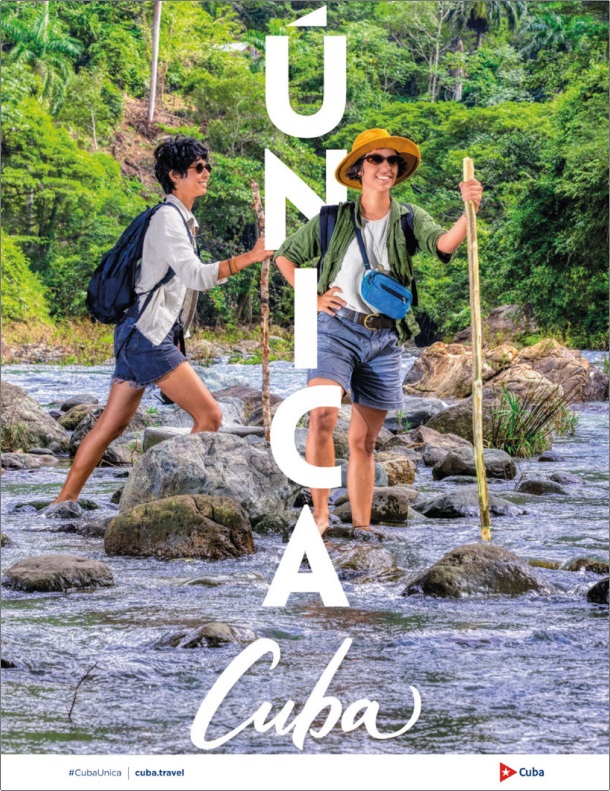Rural tourism in Cuba: Pinar del Río showcases its agroecological potential
The participants divided into groups to visit five farms
Posted by Yoanna Cervera, 05/10/2025
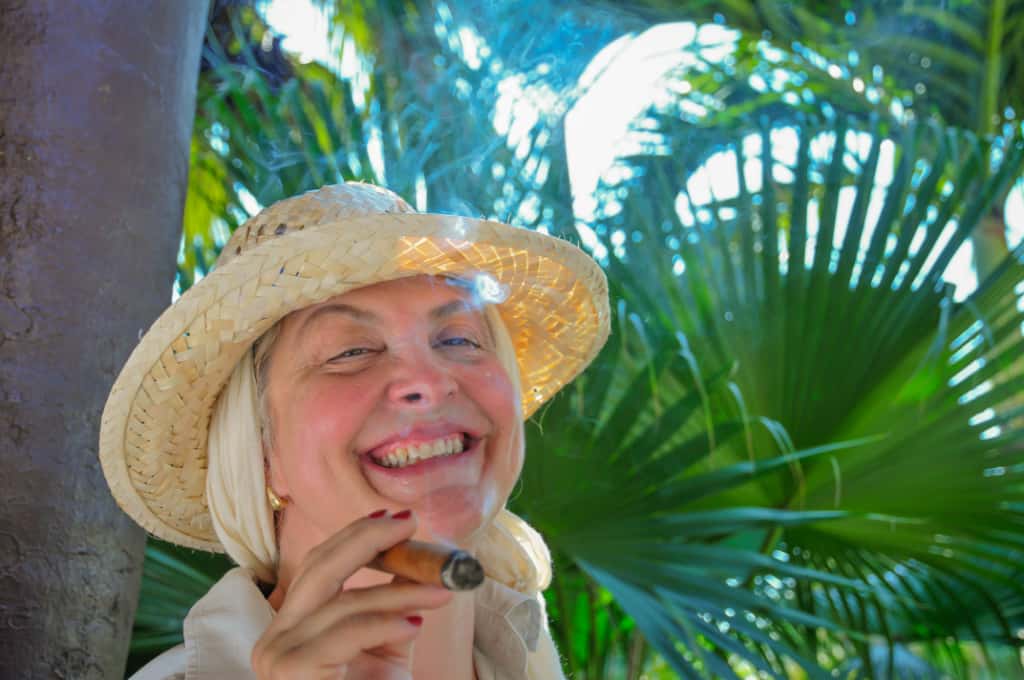
The fifth day of the 10th Ibero-American Meeting on Rural Tourism, hosted by Cuba, focused on the province of Pinar del Río, recognized for its leading role in agrotourism. The day began with a rural breakfast at the Soroa Hotel and was followed by a guided tour by the ECOTUR agency to local farms and natural sites.
At the “Las Barrigonas” lodge, provincial authorities offered an official welcome to the delegation. The participants then divided into groups to visit five farms, where they enjoyed lunches prepared using local products.
One of the most significant moments was the visit to Finca La Cueva, in Viñales, managed by brothers Joel and Juviel Fernández Martínez. The project, launched in 2008, has become a model of family agroecology. On the farm, they grow more than 30 varieties of fruit and about 20 varieties of vegetables, all organic, using compost, ash, vermiculture, and living barriers. It also houses endemic species such as the cork palm and the guayabita de pinar, which grow in the hillocks and are difficult to access outside this environment.
The brothers, with no prior agricultural training, have learned through practice and exchanges with other producers and the support of the National Park. “We started with a bicycle and a backpack, selling what we grew. Today we have a Creole and vegetarian restaurant, eco-friendly cabins, and a lake that beautifies the area,” they explained. Their goal has been to preserve health through chemical-free food, and they are happy with the journey they have made: “It was very hard, but we are proud of what we have created.”
The day culminated at Rancho San Vicente, where Boris Luis Crespo, director of Palmares in Pinar del Río, presented this tourism product with more than three decades of history. The farm offers rural accommodation, agricultural experiences with working animals, and tours of surrounding hillocks that include birdwatching. Crespo proposed a pairing of rum, coffee, and tobacco as a sensory experience representative of the Cuban rural environment.
According to Odalis Acosta Miranda, the Ministry of Tourism representative in the province, the province has more than 200 farms identified for rural tourism development, of which more than 60 are concentrated in Viñales and another 80 in tobacco-growing areas. They are working in partnership with universities, agencies, and property owners to strengthen the sector and expand its reach throughout the province.
